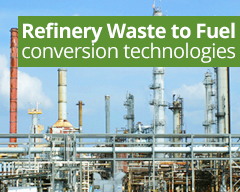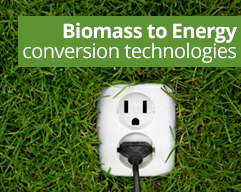

Eco-Success Stories
Waste not, Want Not
Rao’s company is going places with its waste-to-fuel technology. Could this be the future for India’s 1.2 million tonnes-a-day of solid waste? By Seema Singh
For years, Rao managed waste, conducted bioremediation and recovered oil from tank beds at practically every public sector oil refinery in the country. So, when he decided to start on his own, plastic was the inevitable corollary.
In 2007, Rao set up a company in Mumbai to develop a proprietary catalyst that converted plastic into a mix of liquid fuel, gas and coke. In five years since then, he has signed half a dozen agreements for setting up waste-to-fuel plants overseas and refined its Polycrack technology to process a variety of waste products—from plastics to rubber to solid municipal waste. Mumbai alone produces at least 6,000 tonnes of municipal waste in a day.
Using its Polycrack process, a plant using 1,000 tonnes of waste can typically produce 120 tonnes of oil, 100 tonnes of highly combustible gas (which is used to run the plant), 500 tonnes of high calorific carbon, 50 tonnes of pebbles, and waste water (which is used for cooling purposes). In sum, it’s a zero-waste, self-contained process that most municipalities would like to use for managing over 1.2 million tonnes of solid waste that India generates every day.
It’s no rocket science, but a robust technology combined with the crucial catalyst system which is capable of producing real high quality oil that can be easily split into kerosene, gasoline, diesel, and heating oil fractions, says Jelle Frölich, a technical director at the waste management company PTF Ltd, which is building a plant in Rotterdam, Netherlands. “In addition, there are firm contacts and business cases projected in Belgium, Germany, Spain, and in the Caribbean.”
Rao, who was slow in commercializing the technology as he wanted to secure his intellectual property, is now setting up a 150 tons/day plant near the Mumbai-Nashik highway. He says his company is now reaching out to municipalities in India. The company has been a three-time winner of the India Innovation Growth Program run by the Department of Science and Technology, India, and American aerospace, security and advanced technology company Lockheed Martin. It claims the fuel obtained through Polycrack meets standards set by international standards organization, ASTM International, which are accepted across industries. “Dumping [waste] into landfills or composting hasn’t proved environmentally friendly,” says Rao. Perhaps, his zero-discharge technology will prove otherwise.
WASTE PUT TO GOOD USE
Real Time Testing The fuel we filled in the car was the Polycrack Diesel and we ran the car for more than 100 kms to prove to the TV team and the editors that the fuel really works in automobiles without any problems.
IL SISTEMA P2P (PLASTIC TO PETROL) PRESENTATO A CAGLIARI
System P2P Plastic Petrol Presented to Cagliari Italy
RVGT Lockheed Martin Award
Real Time Testing The fuel we filled in the car was the Polycrack Diesel and we ran the car for more than 100 kms to prove to the TV team and the editors that the fuel really
TSR France TV Coverage Stepswmv
Real Time Testing The fuel we filled in the car was the Polycrack Diesel and we ran the car for more than 100 kms to prove to the TV team and the editors that the fuel really









